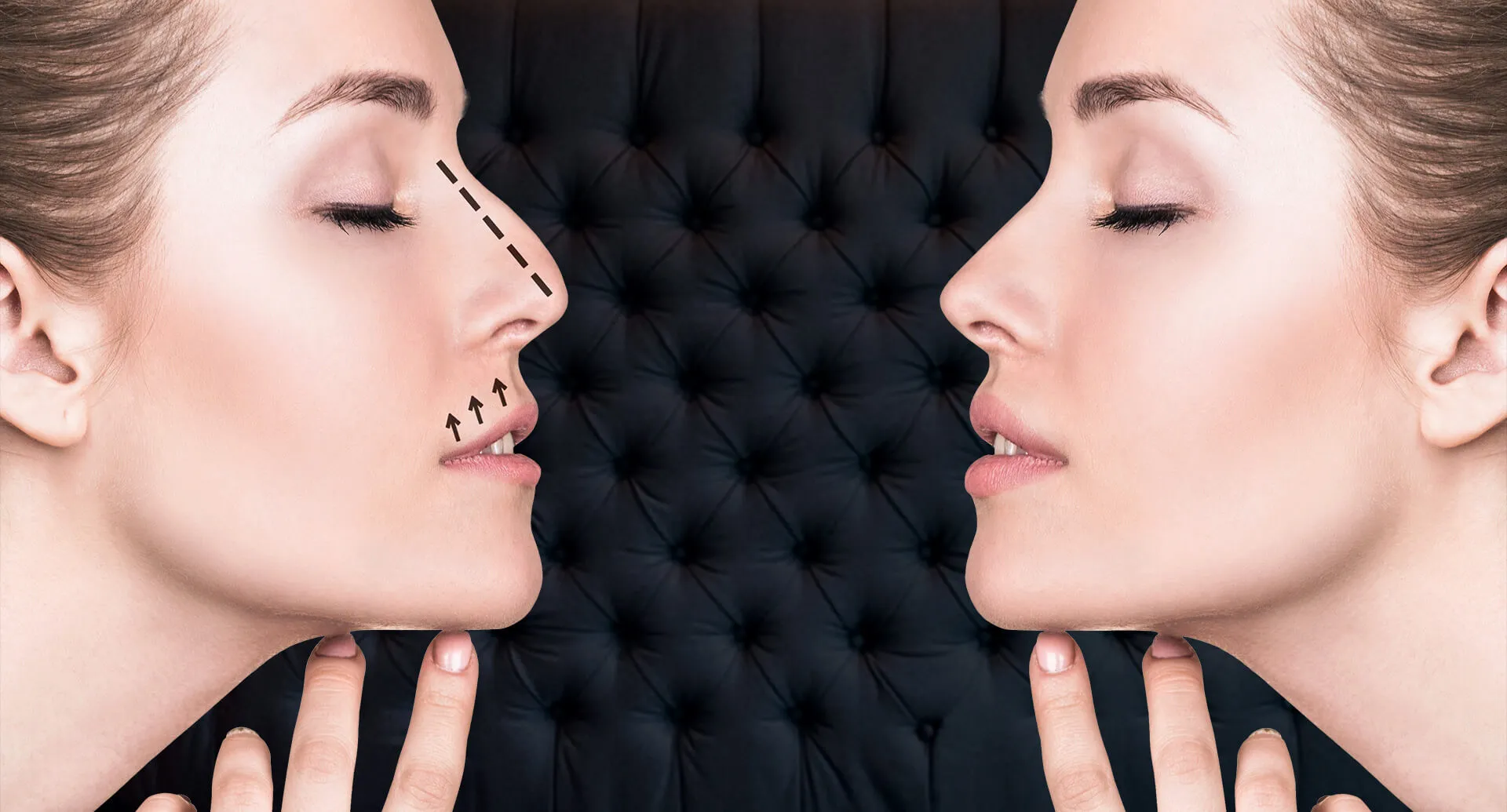Jennifer Hollander Answers Your Questions About Hyaluronic Acid

What exactly is hyaluronic acid? Break it down for people who aren’t completely sure.
In the world of skin health, hyaluronic acid (HA) is a glycosaminoglycan, which in layman’s terms, is a naturally occurring fluid in the body that behaves as a part of our youth-restoring matrix. In turn, HA can essentially help protect the skin’s protective barrier, making your body glove less susceptible to damage from free radicals and UV light, which can break down important skin proteins like collagen and elastin. HA is also a humectant, which is a category of skin care ingredients that help retain and preserve moisture and are often found in serums and water-based topicals. A humectant’s ability to increase hydration for all skin types makes them a leader in the world of cosmetics, especially for people who have very dry, dehydrated skin.
What allows hyaluronic acid to work so well?
Due to its moisture-binding characteristics, hyaluronic acid can help to antagonize the side of effects of aging, help to reduce wrinkles and enhance skin hydration. Therefore, it is highly regarded as an anti-aging product and can aid in restoring firmness and plumping of the skin, leaving you with an overall dewy glow.
Can hyaluronic acid lighten dark spots, and if so, how?
Clinical evidence shows that when hyaluronic acid is combined with other lightening agents, such as kojic acid or hydroquinone, it can help reduce the appearance of dark spots. Hyaluronic acid has been shown to reduce redness in patients who are prone to red undertones as well as help reduce the redness caused by rosacea and acne.
Can people with darker skin tones expect it to work as effectively as it will for people with lighter skin tones?
To my knowledge, yes.
Does hyaluronic acid work for any skin type?
Yes, it’s generally safe for all skin types, including oily, acne-prone skin.
Are there natural products that can produce similar results?
While I do believe there is a place for natural skincare ingredients, I am a consumer of evidence-based research that supports the efficacy of producing similar results. That being said, the patient-user experience is very valuable. The research doesn’t always support a definitive answer; patient feedback is always taken into consideration. If a patient finds that any of the above natural ingredients help to brighten, hydrate, etc., then they should continue their use. Naturally occurring ingredients can be just as irritating and reactive as any chemical, depending on the user, so natural isn’t always the answer. Vitamin C, for example, is a wonderful naturally occurring product that is used in many anti-aging products, and patients really love it and see the benefits. There is a lot of rigorous research available to support its efficacy in anti-aging, and I recommend it for patients in their daily regimen. We know that vitamin C has many healing properties and has been shown to be very reparative. Other naturally occurring agents, like ferulic acid and phyto gel, have also been shown to behave as anti-oxidants, preventing sun damage, and carrying anti-inflammatory properties, respectively.
References:
- International Journal of Biological Macromolecules, December 2018, pages 1,682-1,695
- The Journal of Clinical and Aesthetic Dermatology, March 2014, issue 3, pages 18-26
- Pavicic T, Gauglitz GG, Lersch P, et al. Efficacy of cream based formulations of hyaluronic acid of different molecular weights in anti-wrinkle treatment. J Drugs Dermatol. 201110(9):990–1000. PubMed.

















